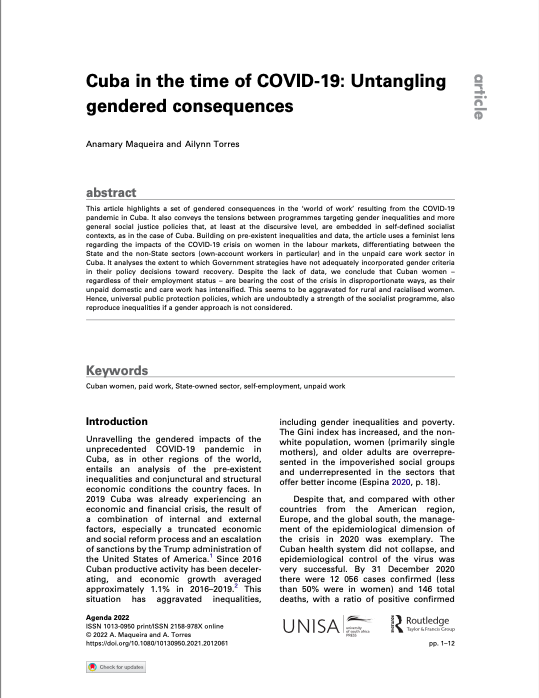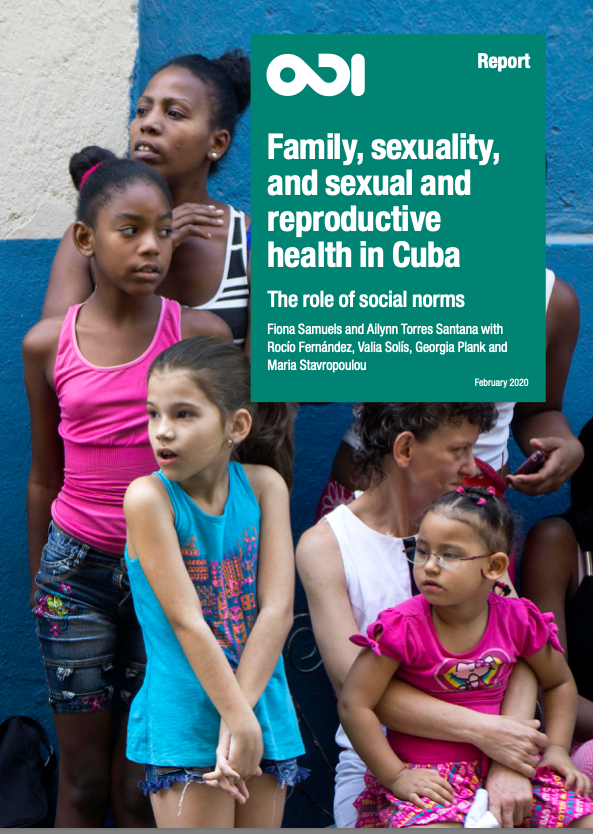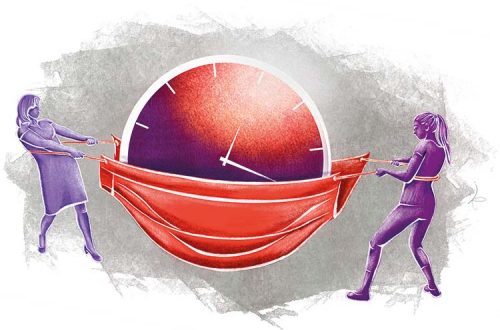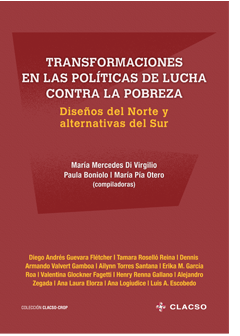Anamary Maqueira and Ailynn Torres
Abstract
This article highlights a set of gendered consequences in the ‘world of work’ resulting from the COVID-19 pandemic in Cuba. It also conveys the tensions between programmes targeting gender inequalities and more general social justice policies that, at least at the discursive level, are embedded in self-defined socialist contexts, as in the case of Cuba. Building on pre-existent inequalities and data, the article uses a feminist lens regarding the impacts of the COVID-19 crisis on women in the labour markets, differentiating between the State and the non-State sectors (own-account workers in particular) and in the unpaid care work sector in Cuba. It analyses the extent to which Government strategies have not adequately incorporated gender criteria in their policy decisions toward recovery. Despite the lack of data, we conclude that Cuban women – regardless of their employment status – are bearing the cost of the crisis in disproportionate ways, as their unpaid domestic and care work has intensified. This seems to be aggravated for rural and racialised women. Hence, universal public protection policies, which are undoubtedly a strength of the socialist programme, also reproduce inequalities if a gender approach is not considered.
Keywords: Cuban womenpaid workState-owned sectorself-employmentunpaid work





